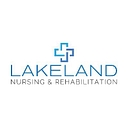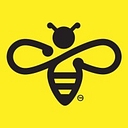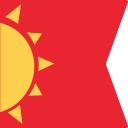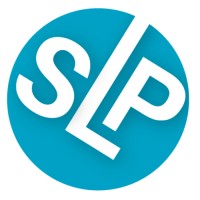Companies that use Haskell
It is a general purpose language that can be used in any domain and use case, it is ideally suited for proprietary business logic and data analysis, fast prototyping and enhancing existing software environments with correct code, performance and scalability.
2,282
companies













